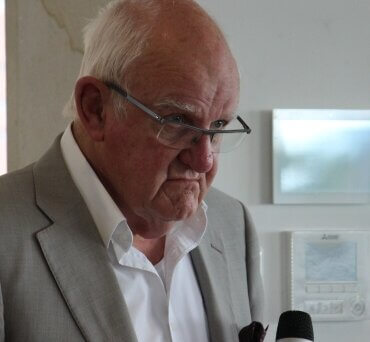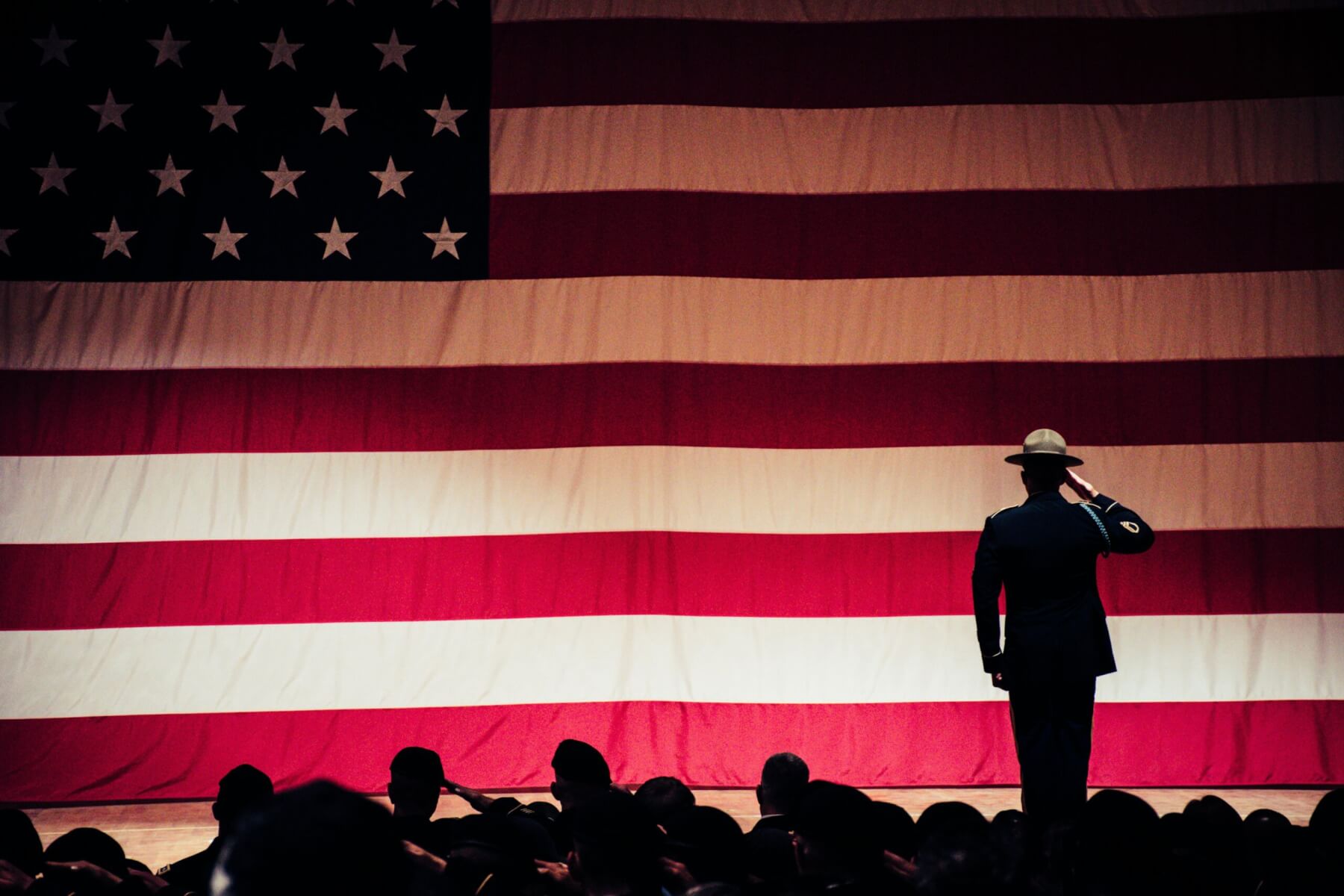
Peter Carr
Initially I was going to write about anthems – or to be more focussed, anthems declared by countries as national. National anthems are written and ‘performed’ as either (Collins) ‘rousing or uplifting songs identified with a particular group or cause – sometimes national’ and/or ‘a musical setting of a religious text during a church service’.

Peter Carr
What brings me to this subject today was the weekend TV sharing, with a group of about 20 others, the screeching warbling of a lady in San Diego attempting to, almost successfully, murder the New Zealand national song. We cringed as she drew the rendition out to well over 120 per cent of its normal timed length noting, also, with the camera closeups that the majority of the All Blacks were not mouthing the words (in either language).
Now place this shambolic spectacle alongside groups of Americans, French, Argentinian and even Australians when their anthems are used for kick-starters at sporting and other group events. Stirring, patriotic, tear-jerking (certainly the French), meaningful, understandable and presenting an aura and perception of total national pride.
Now this especially comes to a peak when more than one language is used as here in New Zealand (still the official name despite TV1) and also in South Africa. Further, New Zealand has two ‘official’ national anthems – as does Denmark. God Save the King remains as the other anthem officially in vogue. And there may well be others. But putting aside multi-lingual demands what does our current national song do for national pride? Further does the Maōri version directly reflect the meaning and ethos of the English version?
Go into a classroom of five-year-old children at a school in the United States where a clean and non-tatty national flag flies proudly outside. These wee children can all stand proudly, hands on hearts, pounding out their national anthem. Incidentally while the words of the American anthem were written by an American lawyer the stirring music originated in England – something that the Americans would rather not mention. That aside they are extremely patriotic.

O say, does that star-spangled banner yet wave. O’er the land of the free and the home of the brave. Photo: Brett Sayles, pexels.com
Likewise, the stirring words (and music) heard in France centre very much on national pride although the translation to English is a bit blood-curdling. Reference to the blood of one’s enemies ‘watering our furrows’ is possibly only apt at Stadium France in Paris when the boys in blue face the All Blacks. That said the pre-match throat slashing gesture at the end of the current pre-match haka leave something to be desired. Certainly ‘up there’ with the furrow watering rendition.
So back to the beginning. The administrators of New Zealand Rugby either have a blinkered approach to falsetto-range warbling and desecration of the national anthem – or perhaps they do not care. Do they vet the well-meaning singers who are experiencing their moment of individual glory? A return to a strong male voice (sorry ladies) has far more chance of bringing the All Blacks and the crowd on board. A former (now deceased) Mayor of Dunedin was a splendid leader of a desired rendition of the anthem, and one could well think that the whole of that fine city were in the crowd with the deafening support of the lead singer.
If we are going to experience national pride perhaps the start point should be in the primary schools. Starting with the flag could be an apt action.

The stirring words of La Marseillaise before the French flag is blood curling in English. Photo: Gina Bichsel. pexels.com








